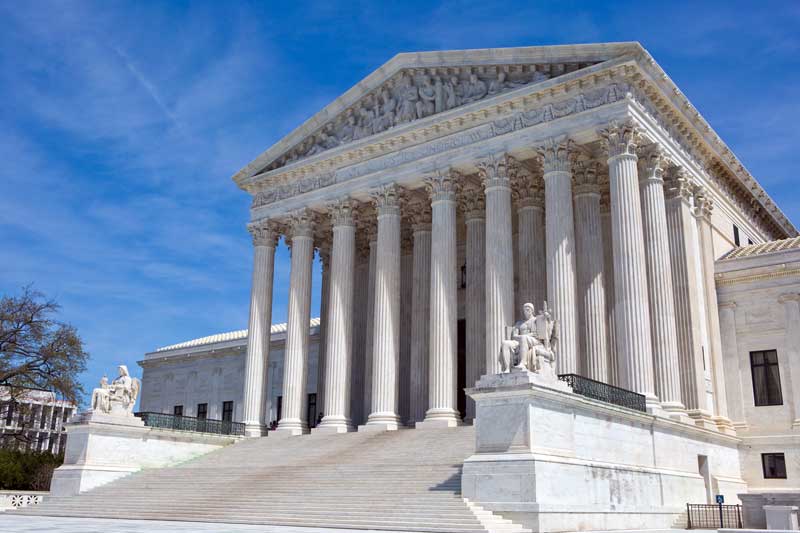
It’s Time For Congress To Take Out America’s Regulatory Trash
The Supreme Court’s Loper Bright Enterprises v. Raimondo decision makes now the perfect time to get started.
Late last month, the Supreme Court made it harder for regulators to tie up businesses with burdensome red tape by subjecting new regulations to closer court scrutiny in Loper Bright Enterprises v. Raimondo. Overall, however, Americans are all too familiar with the regulatory burden.
Regulatory Strings
American businesses, workers, and consumers can relate to writer Jonathan Swift’s heroic sea captain Gulliver, who was captured by tiny beings that tied him down in his sleep. Every day, new regulatory strings are added to those already tying down our lives while we aren’t paying attention. Whether that giant is a massive economy or a family-owned business, as the burdens pile up, the future begins to look bleak. But at the federal level, those strings just got a little less strong.
The United States has historically added regulatory “strings” at an alarming pace without ever removing them. Congress should require those regulations to automatically expire via regulatory sunsetting to ensure the regulatory trash is taken out regularly, allowing society to run as smoothly and efficiently as possible.
3,000 Regulations a Year
According to the Competitive Enterprise Institute (CEI), 2019 was the only year on record in which the federal government adopted fewer than 3,000 new regulations. That year was close, with 2,964 new regulations, bringing the grand total to more than 1 million federal regulatory restrictions. On top of these federal regulations, the average state has some 135,000 regulatory restrictions on the books.
Just as no one string bound Gulliver, otherwise useful rules can thwart productive economic activity when added to already-mammoth regulatory burdens. Regulations can serve a legitimate public interest, but in the most highly regulated market environment in American history, an otherwise legitimate regulation can be the straw that breaks the camel’s back. Just ask the former Stellantis auto workers about the pain of regulation.

Stay Informed
Sign up to receive updates about our fight for policies at the state level that restore liberty through transparency and accountability in American governance.
